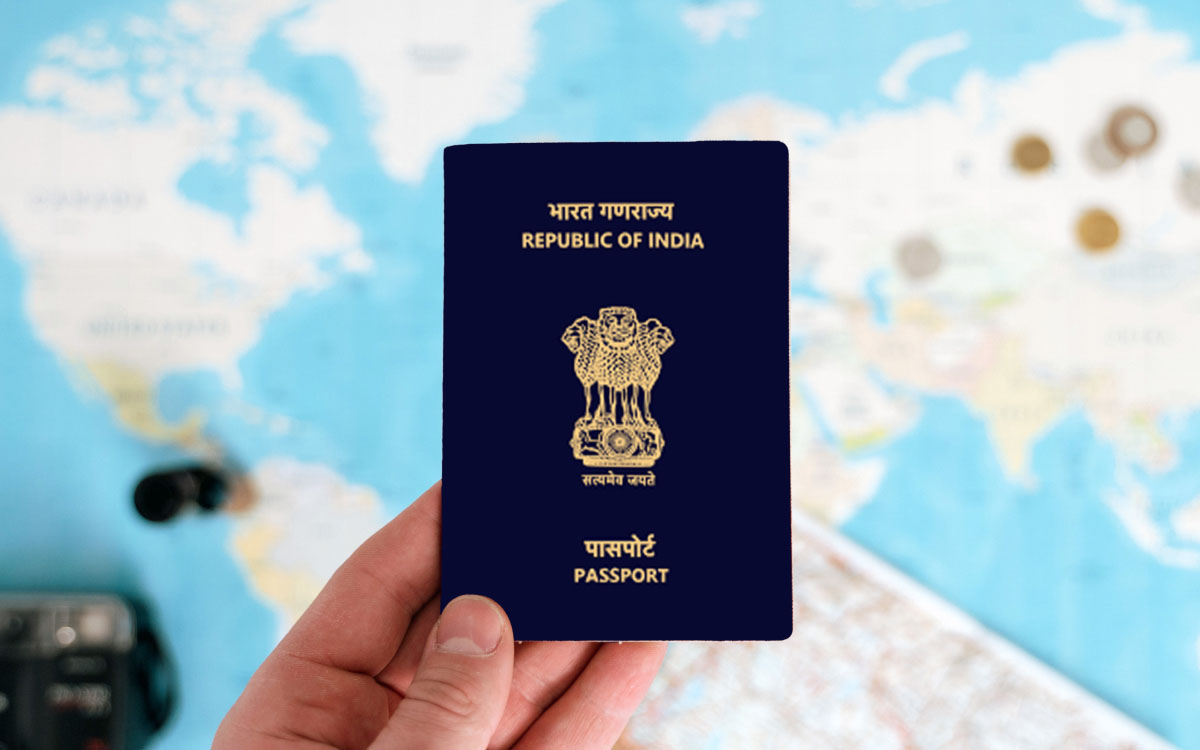In 2025, Turkey remains one of the most attractive destinations for expats, retirees, and digital nomads. Boasting a unique blend of European and Asian influences, an overall favorable climate, and a cost of living relatively low compared to many Western nations, Turkey offers the ideal setting for anyone seeking to embark on a new lifestyle. Whether you’re retiring, working remotely, or relocating for other reasons, this comprehensive guide to living prices in Turkey provides crucial insights into the main expenses across various cities and regions to help you plan your move effectively.
Why Turkey in 2025?
Turkey will present an extremely dynamic economic environment with numerous opportunities for both expats and investors. These pressures balance out the relatively low-cost lifestyle and ever-increasing expatriate communities across the country. With its favourable exchange rate for anyone earning a European or American currency, it certainly offers a special appeal to a person residing in Turkey.
With its varied topography comprising Mediterranean beaches to snow-capped mountains, Turkey provides diverse experiences that lure those in search of a new lifestyle. With world-class health services and an immensely rich cultural history, the country presents as one of the first destinations on retirees’ and businessmen’s preferred lists. From business, leisure, retirement, to simply moving in, it is quite affordable to lead an exciting life here.
Housing and Accommodation Costs
As of May 2025, housing costs in Turkey have experienced significant increases, particularly in major cities. Here’s an updated overview:
- Istanbul: The most expensive city, with one-bedroom apartments in the city center averaging around 20,593.28 TRY per month, and those outside the center at approximately 14,383.39 TRY.
- Ankara: One-bedroom apartments in the city center are about 4,000–8,000 TRY, while suburban areas offer rentals for 2,500–5,000 TRY.
- Izmir and Antalya: City center rentals range from 5,000–9,000 TRY, with suburban areas around 2,500–5,000 TRY.
Property Purchase Prices
In January 2025, the average apartment rent in Turkey was 172 TRY per square meter, up from 20 TRY per square meter in January 2021.
Utility Costs
Monthly utility costs for a family of 2–3 people are about $50–$150.
Electricity Prices
As of March 2025, electricity prices in Turkey were approximately 0.1 USD per kilowatt-hour.
Please note that these figures are approximate and can vary based on specific locations and individual circumstances.
Food and Grocery Costs in Turkey

Turkey offers a wide variety of fresh, locally produced food, making groceries more affordable compared to many Western countries. Here are the updated costs for essential grocery items and dining options as of May 2025:
- Basic groceries: An individual’s monthly grocery expenses typically range from 2,000 to 3,500 TRY, depending on their shopping habits and dietary preferences.
- Common grocery items:
- Milk: 12–15 TRY per liter
- Bread: 6–8 TRY per loaf
- Rice: 20–35 TRY per kilogram
- Vegetables: 15–30 TRY per kg
- Meat: 120–300 TRY per kg (beef and chicken)
- Fruit: 18–40 TRY per kg
Imported goods generally cost more than locally produced items, but Turkish produce remains affordable and widely available.
- Dining out:
- Street food: Popular items like kebabs, simit (Turkish bagel), or lahmacun (Turkish pizza) typically cost between 25–60 TRY.
- Local restaurants: A meal at a casual local eatery can range from 80–160 TRY.
- Mid-range restaurants: A three-course meal for two people at a mid-range restaurant may cost between 300–500 TRY.
- High-end dining: Fine dining experiences can start from 600 TRY per person and go up to 1,200 TRY, depending on the restaurant’s location and exclusivity.
Transportation Costs in Turkey
Turkey’s transportation system is well-developed, especially in larger cities, offering both affordability and convenience. Here’s a breakdown of the latest transportation costs as of May 2025:
- Public transportation: In cities like Istanbul, Ankara, and Izmir, you can find buses, metro, trams, and ferries. A single ticket typically costs between 15–20 TRY, while monthly passes range from 350–650 TRY, depending on the city and the type of transportation used.
- Taxi and ride-hailing: Taxis have a starting fare of about 50–60 TRY, with additional charges based on distance. Ride-hailing services such as Uber and BiTaksi are available in major cities, with similar fare structures to traditional taxis.
- Gasoline: Gasoline prices in Turkey are higher than in many European countries, averaging 40–50 TRY per liter in May 2025.
- Car ownership: Car ownership costs, including vehicle registration, insurance, and maintenance, are generally lower compared to many Western nations. Annual registration costs may range from 1,000–2,500 TRY, and insurance premiums for basic coverage typically start around 1,500 TRY per year.
Healthcare Costs in Turkey

Turkey offers high-quality healthcare through both public and private systems, making it an affordable option for expatriates and locals alike. Here’s an updated overview of healthcare costs in May 2025:
- Public healthcare (SGK): This service is available to Turkish citizens and residents who contribute to social security. Expats who meet the residency requirements can access public healthcare at relatively low rates, often with minimal out-of-pocket costs for basic services.
- Private healthcare: Many expatriates and those seeking quicker, more personalized care opt for private healthcare. Private health insurance premiums range from 600–1,800 TRY per month, depending on coverage and individual health conditions.
- Medical consultations: The cost of a private doctor’s consultation typically ranges from 250–600 TRY, with specialist consultations or visits to private hospitals starting at around 500–1,500 TRY. More extensive medical procedures or hospital stays can exceed 1,500 TRY per day, depending on the hospital’s location and the level of care required.
- Prescription medication: Prescription medications are relatively affordable. The price of common over-the-counter drugs ranges from 20–120 TRY, with more specialized medications potentially costing more.
Healthcare quality is generally high across Turkey, with major cities like Istanbul, Ankara, and Izmir offering the most advanced medical facilities. However, private care options are available throughout the country for those seeking quicker access or international standards of service.
Education Costs in Turkey
Turkey offers a wide range of educational options, from public schools to private international institutions. Below is an updated overview of education costs in Turkey as of May 2025:
- Public schools: Public education is free for Turkish citizens, although there are additional costs for school materials, uniforms, and certain extracurricular activities. International students may need to pay a small fee depending on the school.
- Private and international schools: Tuition for private and international schools varies based on the curriculum offered (such as British, American, or International Baccalaureate). Annual fees typically range from 25,000–60,000 TRY.
- University education: For Turkish students, tuition fees range from 7,000–12,000 TRY per year. International students typically pay between 12,000–35,000 TRY annually, depending on the university and program.
- Extracurricular activities: Costs for extracurricular activities like sports, arts, and music range from 800–4,000 TRY annually, depending on the institution and the activity.
Education in Turkey remains affordable, especially for public schools and state universities. However, private institutions and international schools tend to be more expensive, although still less costly than similar options in many Western countries.
Entertainment and Leisure Costs in Turkey

Living in Turkey provides plenty of affordable options for entertainment and leisure activities:
- Cinema tickets: The cost of a movie ticket typically ranges from 50–100 TRY.
- Theater and concerts: Tickets for performances like theater shows or concerts generally range from 100–300 TRY.
- Recreational activities: Gym memberships usually cost between 300–500 TRY per month. For outdoor enthusiasts, activities such as hiking or skiing are popular and can be done at relatively low costs. However, ski passes or guided tours can range from 400–1,000 TRY per day, depending on the location and season.
- Dining and nightlife: In popular tourist areas such as Istanbul, Bodrum, and Antalya, dining and nightlife options can be pricier, with drinks and meals typically costing between 100–300 TRY. Prices can vary greatly depending on the venue and location.
Miscellaneous Costs in Turkey
In addition to housing, food, and transportation, there are several other everyday expenses in Turkey that remain affordable:
- Personal care: A basic haircut typically costs between 100–250 TRY, while toiletries and cosmetics range from 50–300 TRY, depending on the brand and type.
- Mobile phone plans and internet: Monthly mobile phone plans usually range from 150–300 TRY, and home internet services cost approximately 250–500 TRY per month, depending on the provider and connection speed.
- Household services: The cost of cleaning services or general home maintenance typically falls between 300–1,000 TRY per month, depending on the level of service.
- Banking and insurance: Monthly banking fees may range from 50–150 TRY, while vehicle or home insurance premiums typically cost between 500–2,000 TRY annually, depending on the coverage and location.
Factors Affecting the Cost of Living in Turkey
Several factors can influence the cost of living in Turkey, making it important for expatriates and residents to stay informed:
- Economic factors: Inflation and exchange rates significantly impact expatriates’ budgets, particularly for those earning foreign currencies. Fluctuations in the value of the Turkish lira can affect the purchasing power of foreign income.
- Seasonal fluctuations: In tourist-heavy areas, such as Istanbul, Bodrum, and Antalya, prices tend to rise during the summer months when demand for accommodations, dining, and entertainment increases.
- Government policies: Tax reforms, changes in housing regulations, and other government policies can directly affect living costs, especially for foreign residents, investors, and those purchasing property.
- Tourism and foreign investment: Regions that attract high levels of tourism or foreign investment, like Istanbul and popular coastal cities, often experience price inflation in areas such as housing, dining, and services. This can make these areas more expensive compared to others in the country.
Conclusion
In 2025, Turkey is also an affordable and attractive destination for expats, retirees, and digital nomads. For its relatively lower cost of living-especially in housing, food, and transportation-Turkey offers a great standard of living at an affordable cost in comparison to most Western countries. Knowing the cost of living across various cities and regions will help you to plan your budget more efficiently and make your transition to life in Turkey smooth. You can also research cities that fit your lifestyle and consult with a relocation expert who can tailor a more personalized budget to make your move to Turkey easier.










